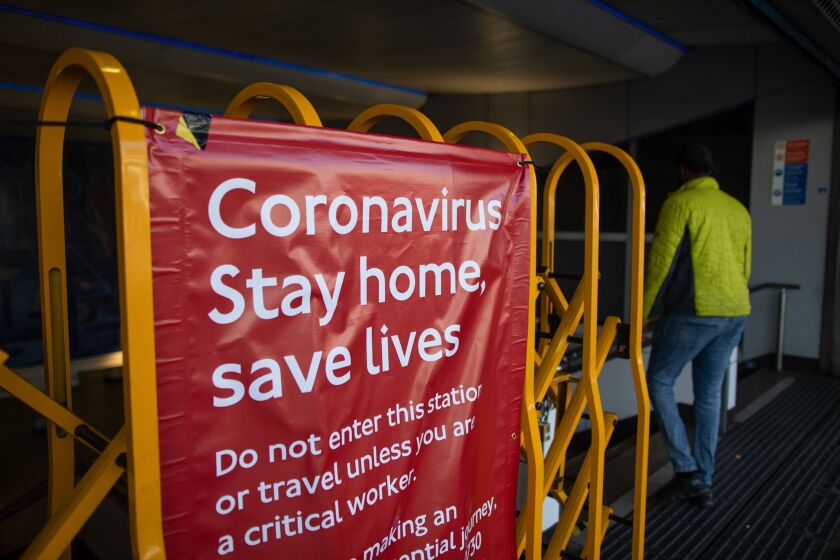COVID-19 has accelerated changes in payments behavior that would otherwise have taken years to occur, laying the foundation for global expansion post-pandemic. But for different parts of the world, this digital transformation had very different outcomes.
The major card networks have heavily invested in broader services as transaction processing loses its luster, a strategy that’s provided a ray of hope as retail and travel industries remain sidelined.
Mastercard reported a sharp decline in payments in its most recent quarter, but some digital seeds it planted before the coronavirus pandemic are already bearing fruit.
In the works for months, Mastercard Track Business Payment Service rolls out Tuesday with the goal of improving efficiency around corporate buyer and supplier payments at a time when these processes are uniquely constrained by the coronavirus pandemic.
Fears of catching coronavirus during the payment process has given a sharp boost in usage and awareness of contactless payments since the pandemic began, according to a new survey from Mastercard.
Mastercard CEO Ajay Banga says he is certain that science, medicine and innovation will lead the world out of the coronavirus pandemic, but there is little indication of when that will happen.
The coronavirus pandemic has added a troubling twist to the already difficult process of converting fuel pumps to accept EMV chip cards and communicate with the stations' point-of-sale terminals.
Credit card chargebacks were rising in certain categories prior to the coronavirus outbreak, but the pandemic is causing a spike in all types of payment card disputes.
Commonwealth of Australia (CBA) reports digital wallet users spent a AUS$1 billion (about $630 million) in March 2020, a high for the bank that's part of an acceleration to digital wallets and contactless cards during the coronavirus crisis.
It was less than three months ago, though it seems like a lifetime. Mastercard CEO Ajay Banga welcomed progress in the trade dispute between the U.S. and China, but with a caveat. The good news wouldn't last if the coronavirus became a pandemic.













